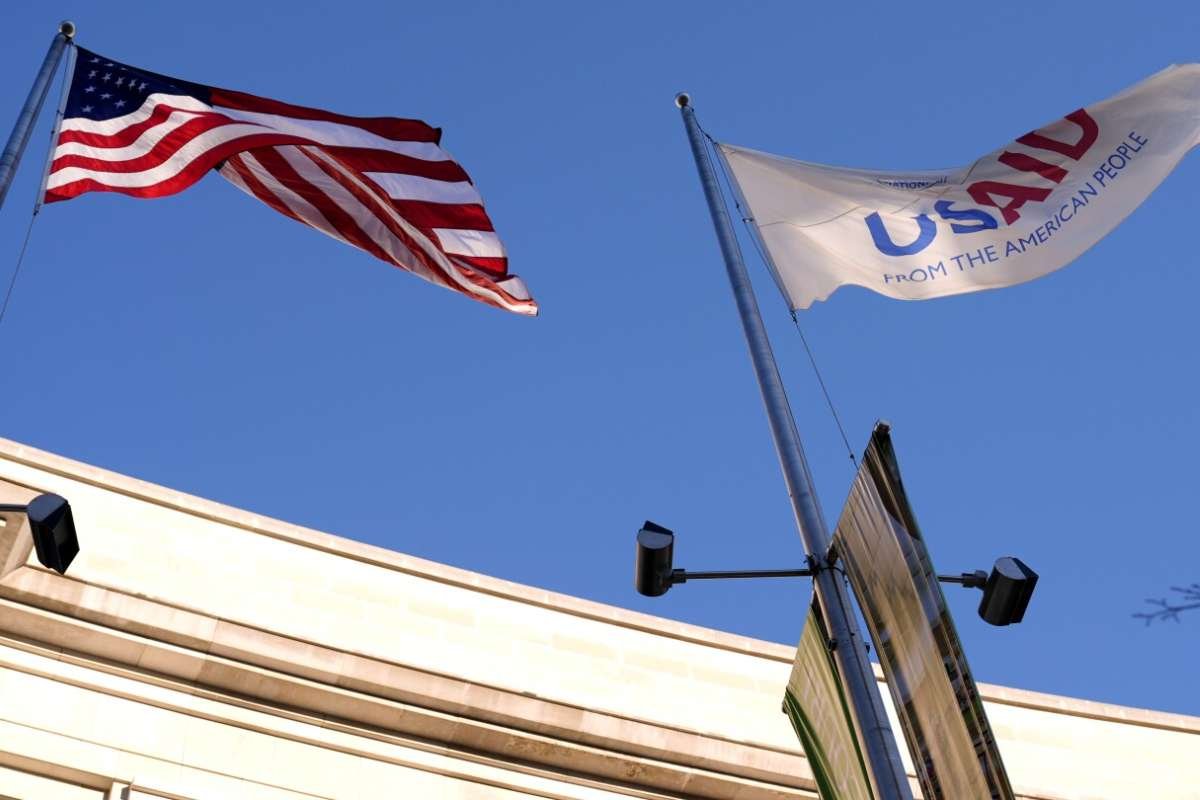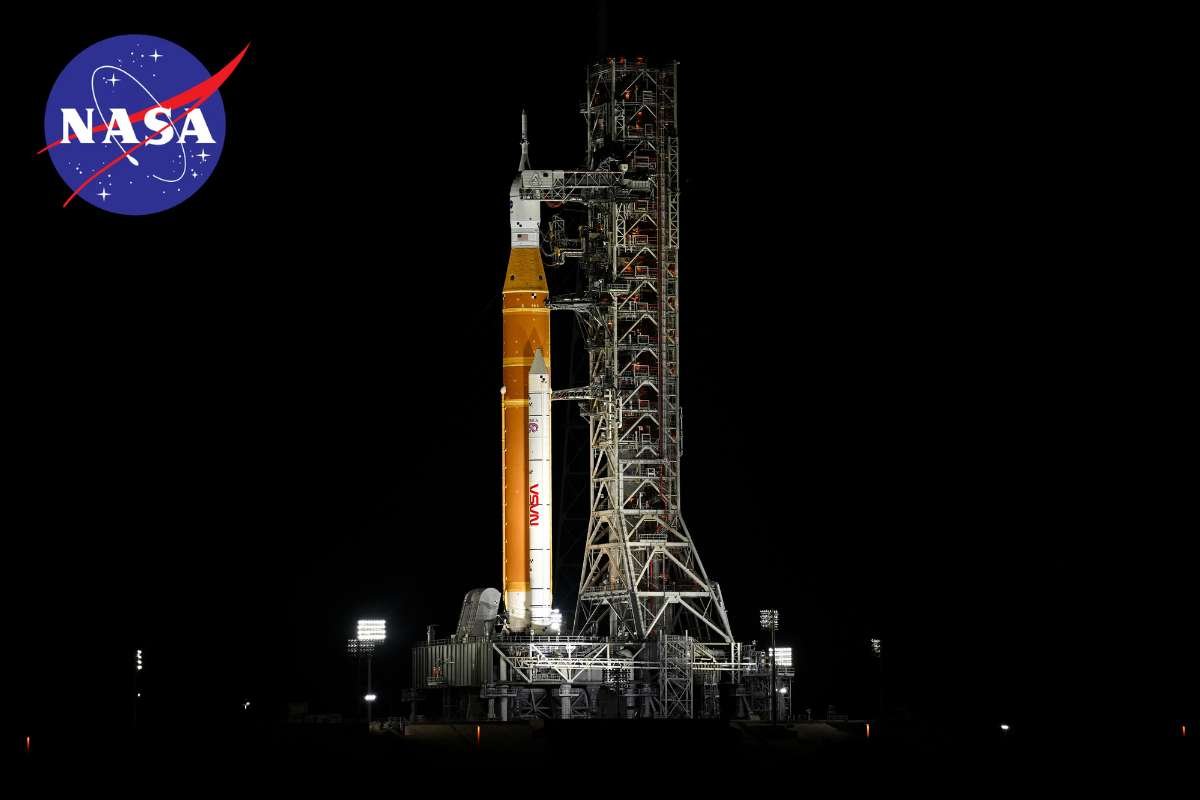Discussion Over USAID’s Future Intensifies
The US administration is reportedly considering shutting down the United States Agency for International Development (USAID), a key federal agency responsible for international humanitarian aid and development programs. The discussions gained momentum after a conversation on X Spaces, where entrepreneur Elon Musk stated that he had reviewed the matter with the US president, who agreed on the need to dismantle the agency. This follows recent events where USAID’s funding was frozen, and several of its employees were placed on administrative leave.
Musk claimed that he had repeatedly checked with the president, who confirmed his stance on the agency’s closure. When approached for comment before the discussion, the president remarked that USAID had been mismanaged and that leadership changes were necessary before making a final decision about the agency’s future. The White House and USAID officials have yet to provide an official response to these claims.
The situation escalated when two senior security officials at USAID were placed on leave after refusing access to personnel from the Department of Government Efficiency (DOGE), an office created to improve government operations. These officials reportedly blocked DOGE members from entering restricted areas, leading to tensions within the agency. Sources suggest that around 60 senior USAID staff were suspended last week due to allegations of attempting to bypass the president’s executive order freezing foreign aid for 90 days. Another official was put on leave after attempting to counteract the order, citing no evidence of misconduct.
Concerns Over USAID’s Role and Security Access
During the X Spaces conversation, which included Republican Senator Joni Ernst and entrepreneur Vivek Ramaswamy, Musk criticized USAID for being highly partisan, claiming that it had funded initiatives that contradicted national interests. He further described the agency as an entity “beyond repair,” insisting that drastic action was necessary. Established in 1961 under President John F. Kennedy, USAID has played a pivotal role in providing humanitarian relief, development aid, and support for democratic institutions worldwide. It is considered an essential diplomatic tool, complementing the work of the State and Defense Departments in advancing national security through international partnerships.
Amidst the controversy, reports emerged that DOGE personnel had made multiple attempts to access USAID’s headquarters in Washington, DC. Initially denied entry, they reportedly insisted on access to sensitive information, including security systems and personnel files. Some sources indicate that they sought classified data, which is typically restricted to authorized personnel. Eventually, DOGE members were able to gain entry, raising concerns among lawmakers regarding the security of confidential information.
Political and Operational Implications
In response to the unfolding events, Democratic members of the US Senate Foreign Relations Committee have called for immediate clarification regarding the access to USAID headquarters. They expressed concerns about the potential exposure of classified information and urged transparency on whether proper authorization was granted. The committee also emphasized that any move to merge USAID with the State Department would require congressional oversight and approval.
Further escalating tensions, Musk took to social media to label USAID as an organization engaged in misconduct, calling for its dissolution. Other senior administration officials have also voiced criticisms, alleging that the agency’s workforce is largely aligned with opposing political views. Over the weekend, USAID’s website and social media accounts were temporarily taken offline, further fueling speculation about its impending fate.
Since taking office, the president has implemented a series of executive orders aimed at reshaping federal agencies and reducing expenditures. The 90-day freeze on foreign aid has already led to significant disruptions in ongoing projects and layoffs within USAID. Some development experts warn that dissolving USAID could have far-reaching consequences, limiting US engagement in global humanitarian efforts and reducing its diplomatic influence.
Former USAID officials argue that the agency’s specialized expertise cannot be easily absorbed by the State Department, stressing that its development initiatives are unique in their ability to build grassroots relationships worldwide. One anonymous official stated that eliminating USAID would be equivalent to diminishing a critical foreign policy tool, leaving the US with fewer strategic options in international affairs.
As debates continue, the future of USAID remains uncertain. While the administration appears committed to reform, the potential dissolution of the agency could reshape the landscape of US foreign aid and development assistance in the years to come.


















